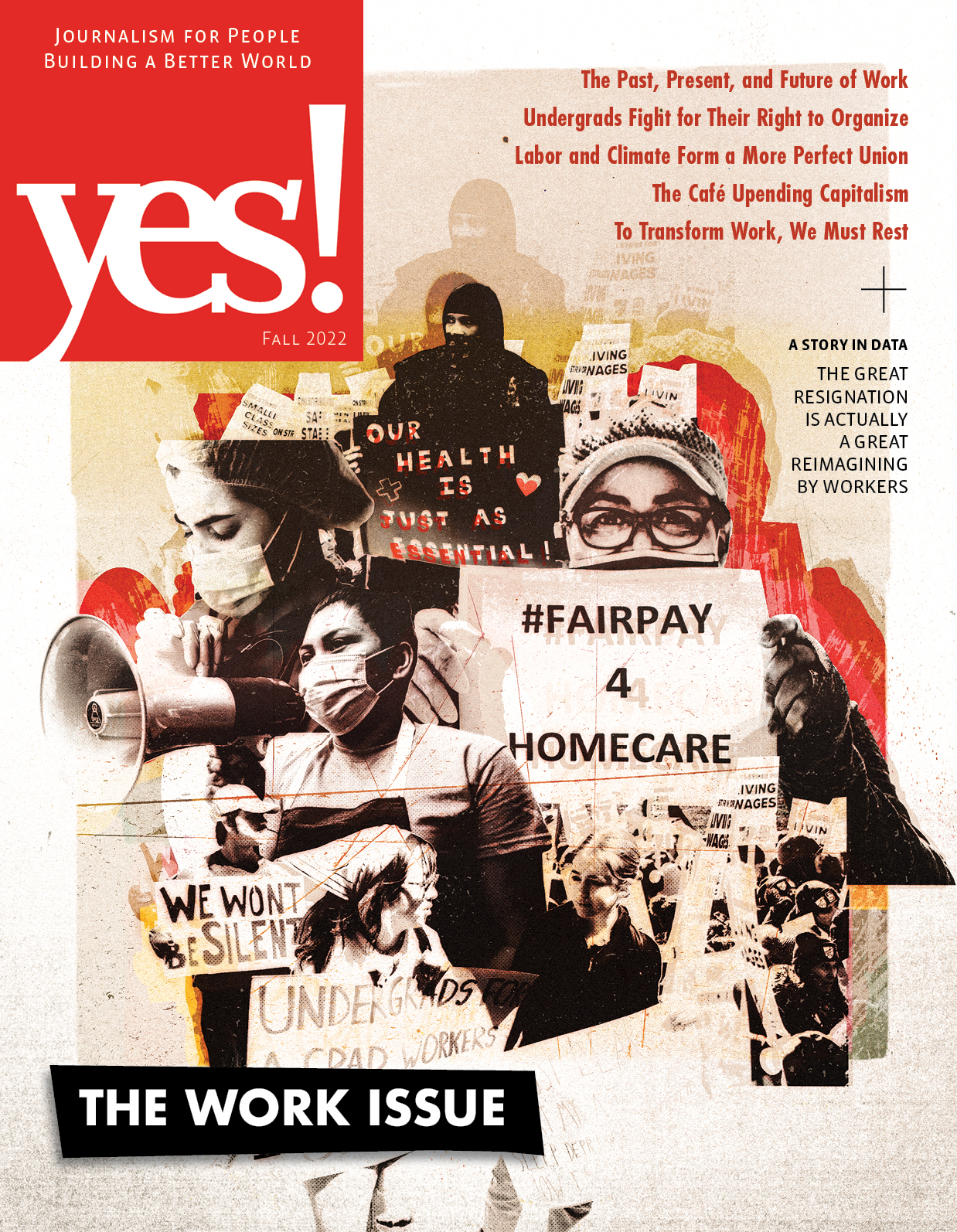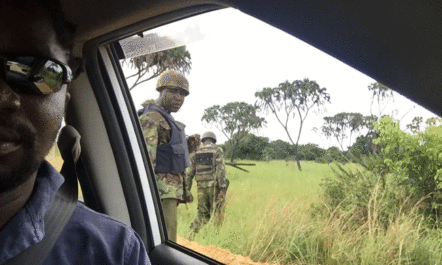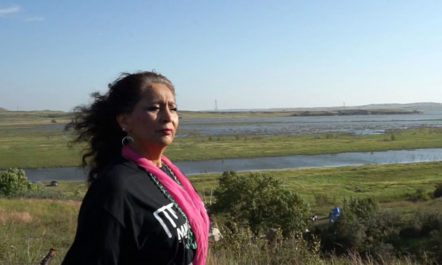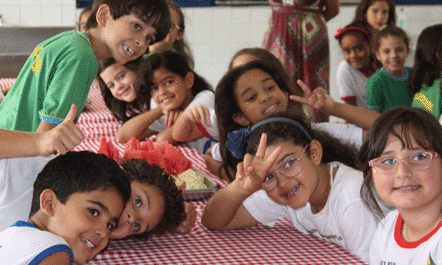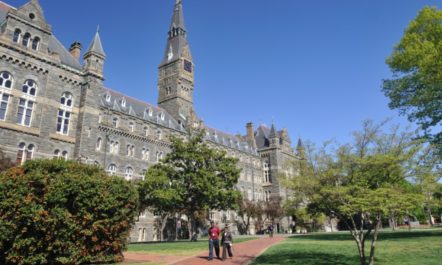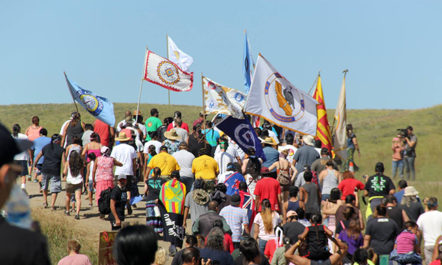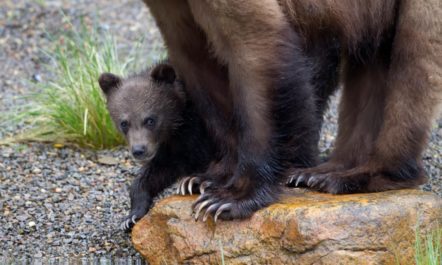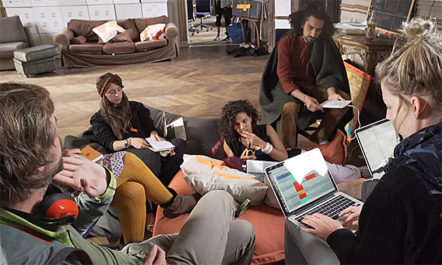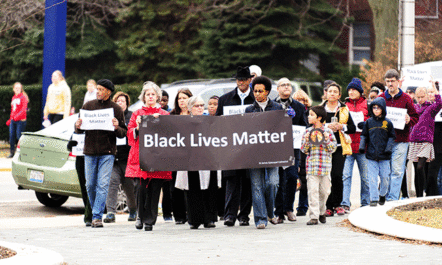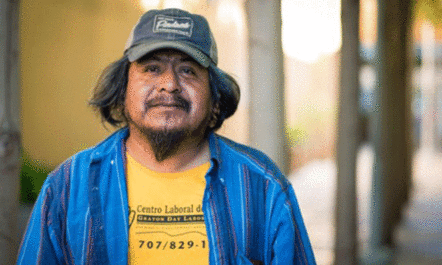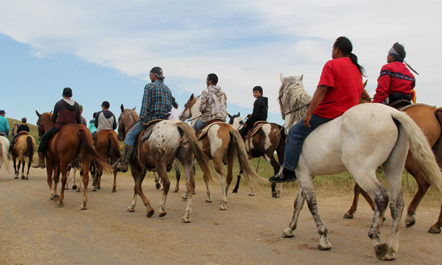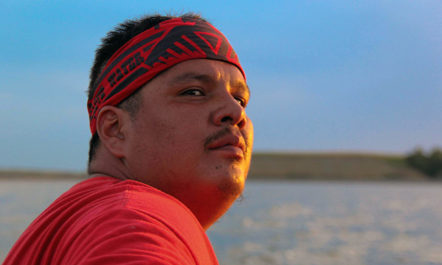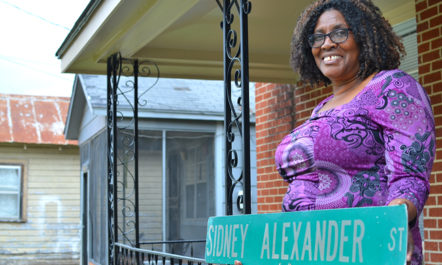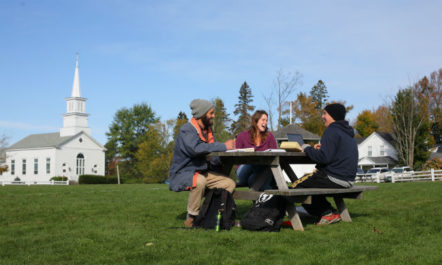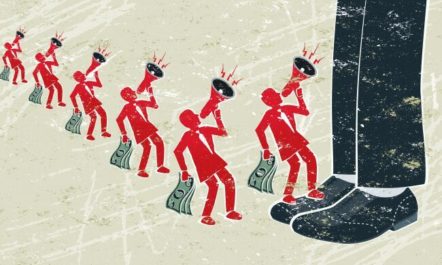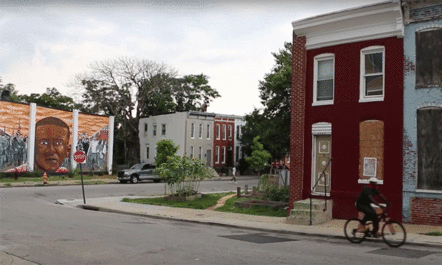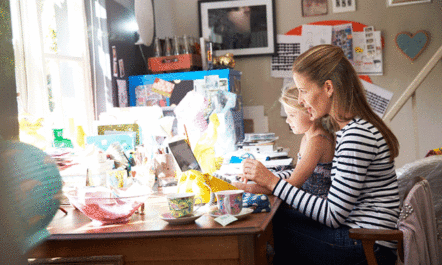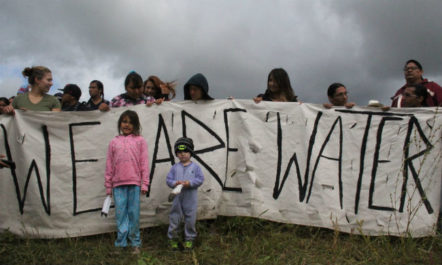Sometimes it seems that the world is responding to violence only with violence, but there are other possibilities.
We must remember we are part of a larger story. We are still here. We are still fighting for our lives on our own land.
Emphasizing local food under a radical policy of “zero hunger,” Brazil’s school lunch initiative helps small farmers buy the land they’ve been farming for generations.
Better education and loan forgiveness are key strategies to address disparities for Black communities and their next generations.
Misdirected public outrage over the killing of a Washington wolf pack may do more harm than good.
Can we trust Clinton-Kaine promises of an energy future “where no one is left out or left behind”?
Environmentalists, industry, and politicians have a second chance to learn from decades of wolf debates and save the grizzlies.
(Hint: It’s less about income and more about skin color.)
What subcultures offer us insight and principles for new ways of organizing?
When we take the time to connect, we make our communities more resilient and compassionate, and maybe we find the courage to defeat racism.
When Gervacio Pena Lopez migrated to Sonoma County 30 years ago, he just wanted to find work to support his family. Since then, he has won victories for domestic and day laborers.
We must shape a future in which technological progress means freeing people to work fewer hours for fairer compensation and to devote themselves to social advancement.
Most importantly, they would see the serious purpose for the people here at Camp Sacred Stone, one that’s not going away without a successful resolution.
I am not sure how badly North Dakota wants this pipeline. If there is to be a battle over the Dakota Access, I would not bet against a people with nothing else left but a land and a river.
In the poorest region of the nation's poorest state, a tiny government program keeps money flowing through mom-and-pop financial institutions—changing lives.
4 ways a mindfulness practice can protect the health and well-being of mothers and their babies.
Could smaller—and cheaper—schools produce more thoughtful, engaged, and compassionate human beings?
Send us your ideas by Sept 25.
Voters are pushing for public-matching systems to replace the influence wealthy bankrollers have on government.
In just a few years, half of all workers will be outside the traditional economy. Not just artists and farmers but business people and professors, too.
Overcoming isolation in the gig economy, workers like Amazon’s Mechanical Turks are building democratic, worker-led communities.
“Conversations have changed. The structure of power has not. And that’s where we are today.”
Has gig work helped you build community or left you isolated and vulnerable?
The whole sector won’t enjoy broader success until its companies learn how to combine flexible work with better treatment.
For starters, this protest is about a competing idea for the future of the planet—and waves of people will show up to make that point.
Help Fund Powerful Stories to Light the Way Forward
Donate to YES! today.
